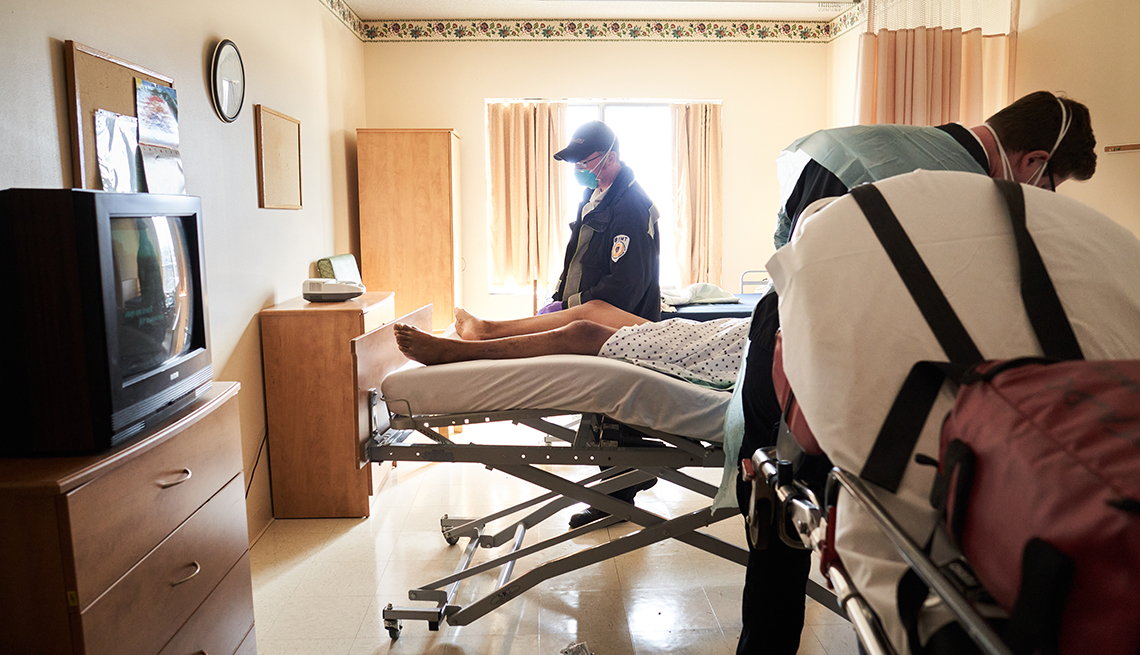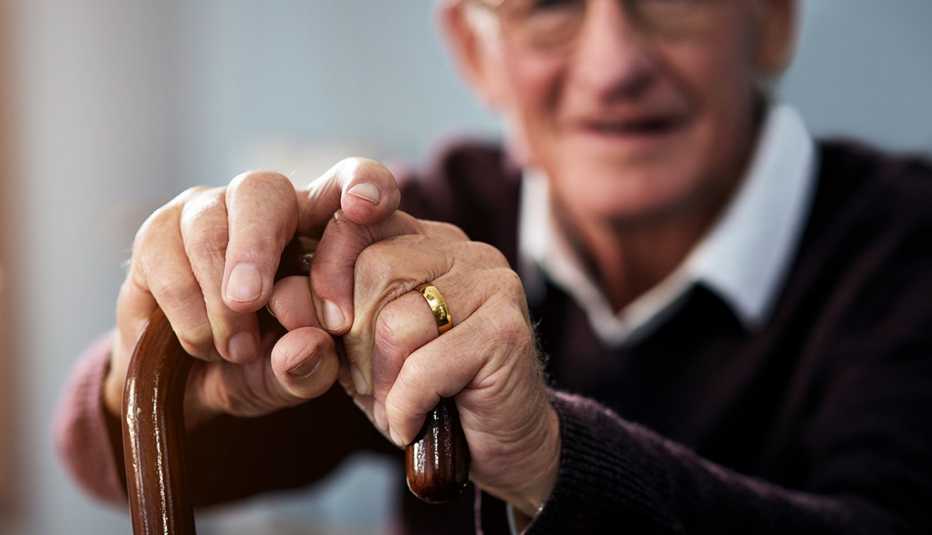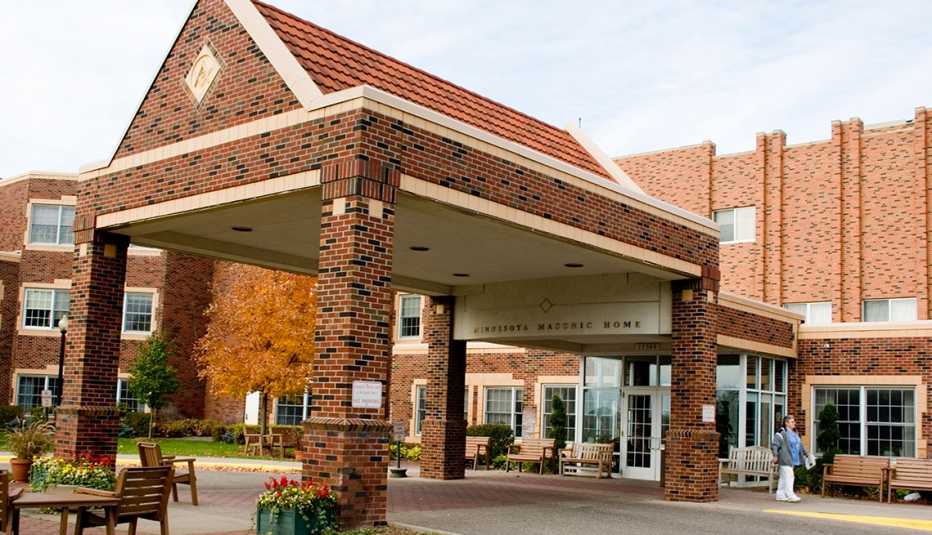Staying Fit
As the coronavirus death toll in America's long-term care facilities surges toward 30,000, the nursing home industry is aggressively seeking legal protection from aggrieved residents and their loved ones.
In many cases, the industry is getting what it wants.


AARP Membership— $12 for your first year when you sign up for Automatic Renewal
Get instant access to members-only products and hundreds of discounts, a free second membership, and a subscription to AARP the Magazine.
At least 19 states have enacted laws or issued executive orders that either explicitly grant nursing homes and their workers legal immunity during the pandemic or that appear to do so, according to an AARP tally. While the immunity orders don't protect against gross negligence or willful misconduct, they generally apply to actions — or inactions — that allegedly caused harm, injury or death during the crisis.
Nursing homes say such measures are necessary during an unprecedented public health crisis, arguing that many factors that could lead to a resident's harm are out of their control. “Nursing homes are learning more about the novel coronavirus’ transmission and COVID-19's disease progression and symptoms daily,” said Katie Smith Sloan, president and CEO of LeadingAge, which represents not-for-profit nursing homes, in a statement.
"Regulations about standards of care evolve and change rapidly,” the statement said. “Providers’ access to needed personal protective equipment and testing is limited and often insufficient."
But many nursing home watchdogs say the orders shield the industry from responsibility for their actions during the crisis. “We all want to protect frontline workers,” says attorney Debbie Gough, who has sued nursing homes in New York and New Jersey, “but these immunity bills go farther than that. They protect bad actors as well.”
With nursing homes in lockdown and barring almost all visitors under federal orders, legal accountability is more critical than ever, advocates say.
"There are no visits, no families, no ombudsmen, not many surveyors,” says Toby Edelman, an attorney at the Center for Medicare Advocacy, referring to the types of people usually allowed in long-term care facilities. “Add immunity to that and it's not a good combination for residents. It leaves them very, very vulnerable.”
The nursing home industry is now lobbying for a sweeping federal immunity order, which would shield all of the nation's 15,600 nursing homes — 70 percent of which are for-profit — from lawsuits. And the industry is pressuring states with high COVID-19 death tolls in their long-term care facilities, such as California and Pennsylvania, to join the immunity bandwagon.
Advocates for nursing home residents, meanwhile, are calling for states with immunity orders to rescind them and for other states to resist adopting such measures. And they are working against federal immunity protection.



































































